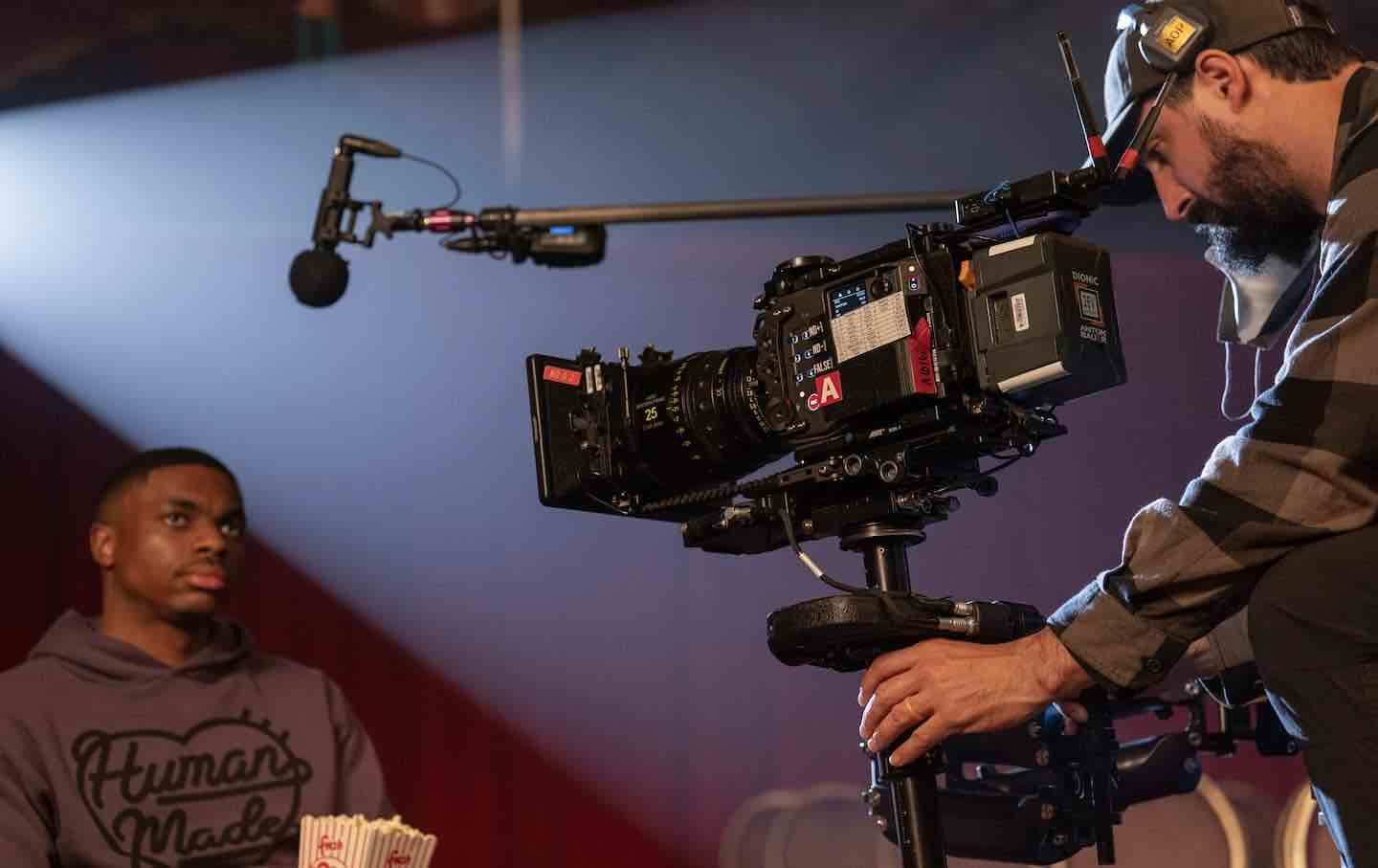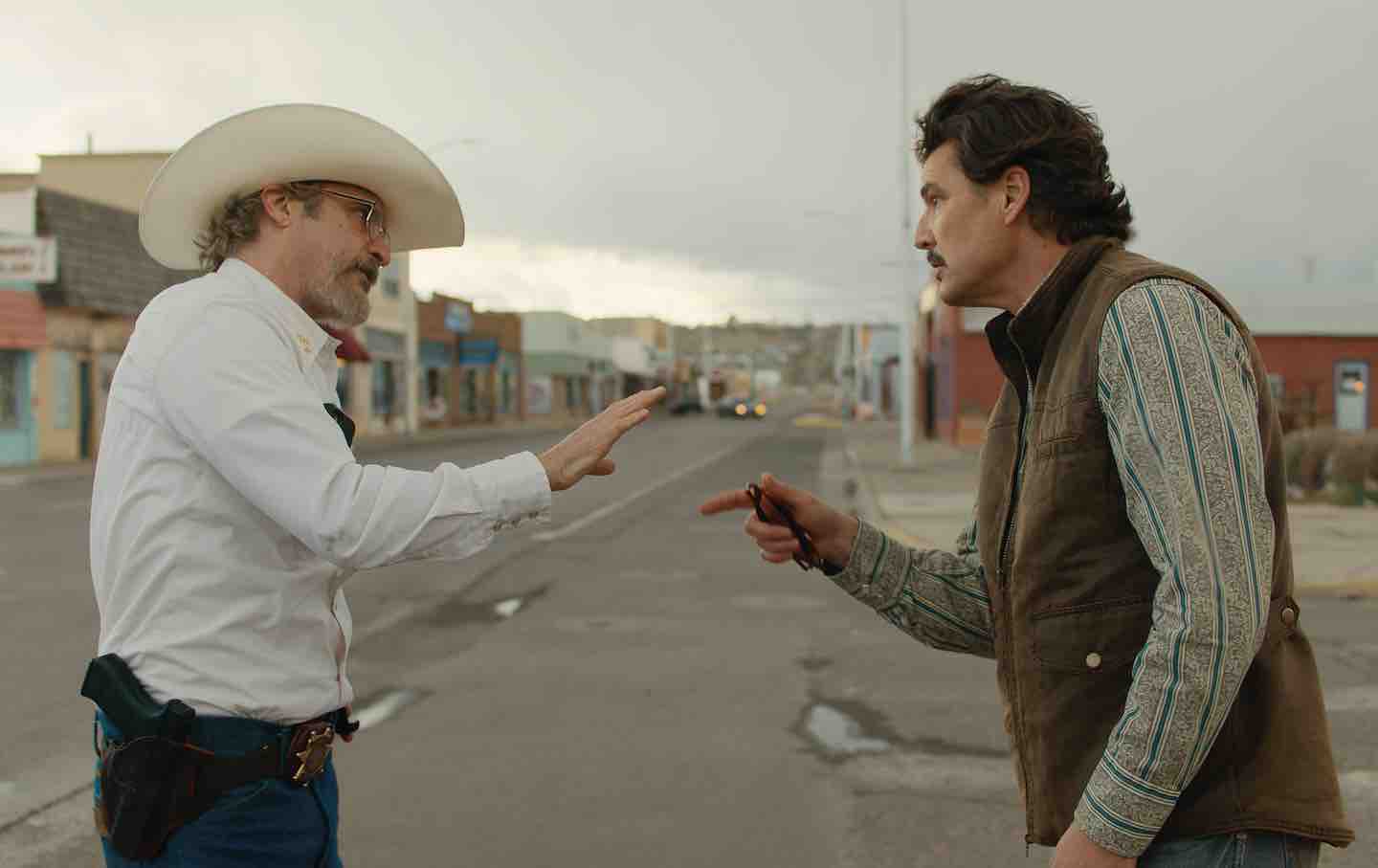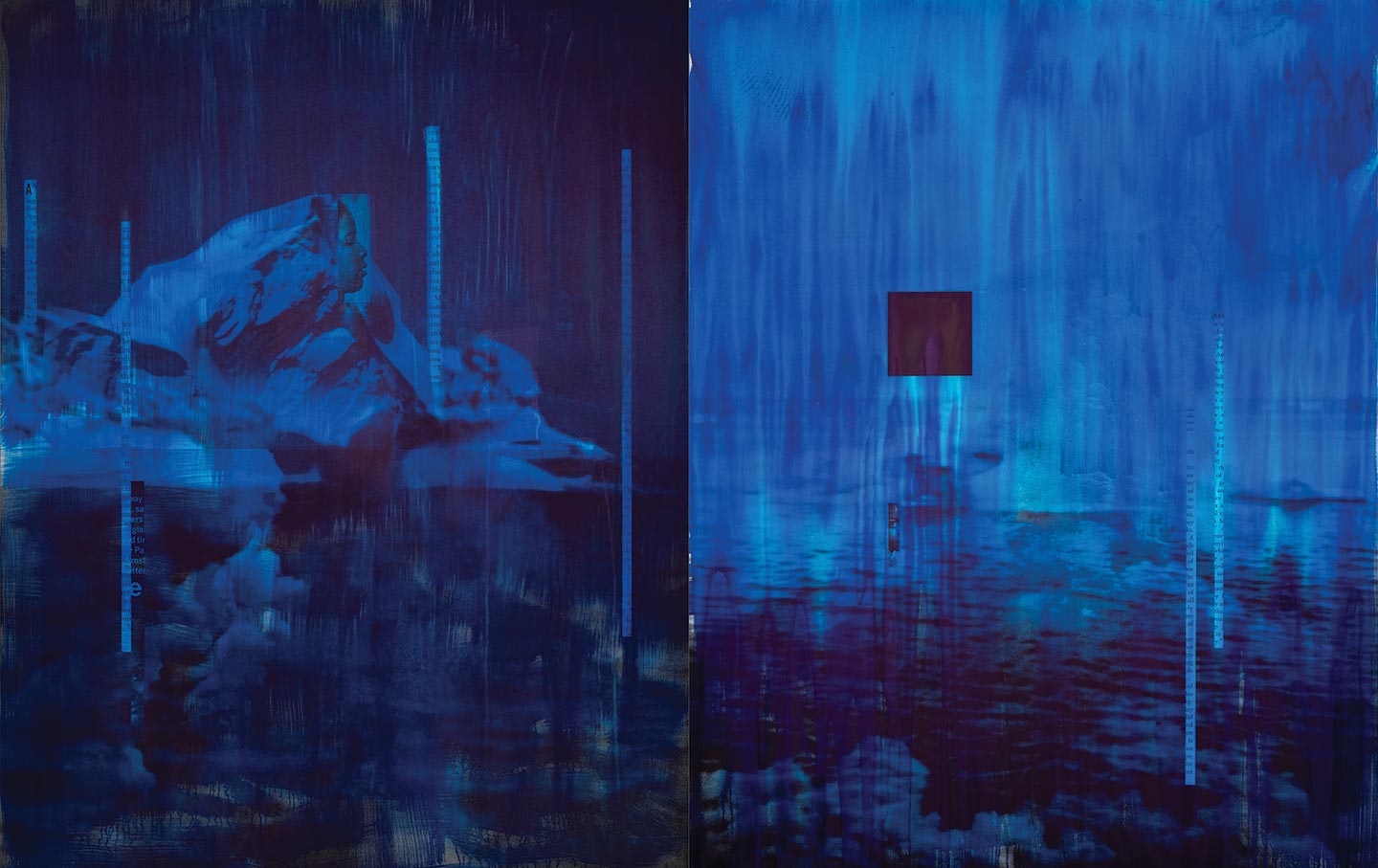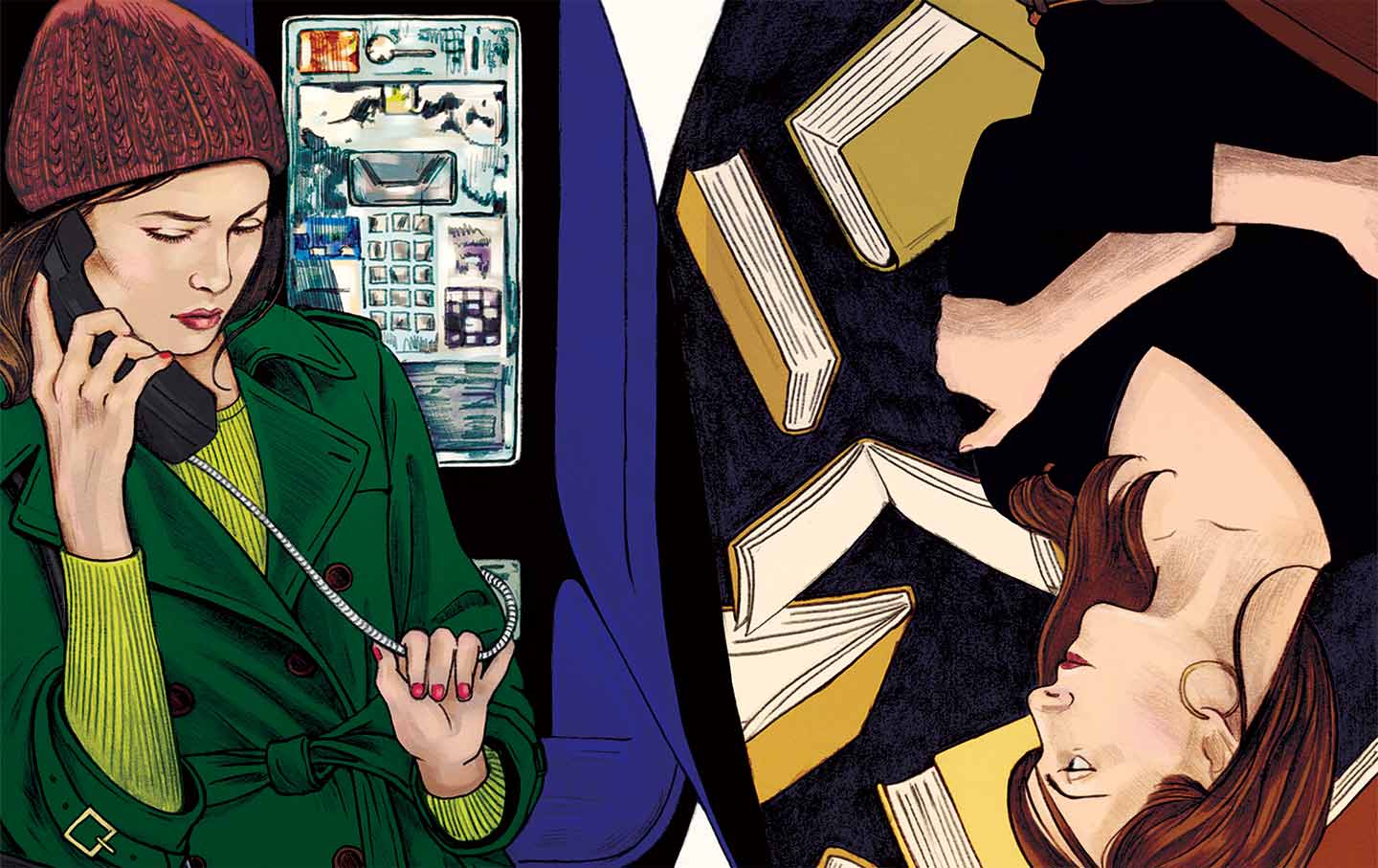The Life and Times of a Niche Rapper
Vince Staples’s self-titled Netflix show is a probing look at celebrity culture, Hollywood, and the pitfalls of being only kind of famous.

Vince Staples as Vince in episode 104 of The Vince Staples Show.
(Photo by Ser Baffo / Netflix)Who is Vince Staples? In his music, the rapper is the self-assured griot of Long Beach, Calif. His songs depict gang culture, intimate relationships, and celebrity without romance or shame, rendering his hometown, and Black lives, with disarming clarity. The swaggering single “Norf Norf,” one of his signature songs, captures his cutting directness and acerbic wit. “I’m a gangsta Crip, fuck gangsta rap,” he sneers, condemning the allure of street rap while boasting his hood ties. Even when he’s being cheeky or evasive, Staples radiates integrity. His music celebrates the thrills of lucidity, relishing the power and relief that follow from speaking candidly.
Staples brings that sensibility to his latest foray into television, an eponymous Netflix show in which he plays a version of himself navigating a fictionalized Long Beach that’s exceptionally wacky and dangerous yet also down-home. Nearly every episode of the surrealist comedy contains the question “Who is Vince Staples?,” but the show is more often a tableau than a study of its star. Its droll jokes and cartoonish violence constantly give way to nuanced depictions of Black people. In one scene, a Black bank robber calls his white hostages uncultured for not recognizing Staples. In another, a proud Black mother declines money from Staples after he overhears her confessing financial woes to her kid. “Nigga, do we look homeless to you?” she scoffs. The humor is absurdist and dyspeptic, but always deeply observed. These characters aren’t just vehicles for jokes; they are neighbors, homies, kin, and nemeses with their own lives and agendas.
At just five episodes, The Vince Staples Show, cocreated by Staples and Entergalactic writers Ian Edelman and Maurice Williams, doesn’t get to dive deeply into this rich world. The tight runtime leaves little room for subplots or a regular supporting cast. There are also few repeat settings, so the show lacks the continuity of a traditional sitcom anchored in a workplace, living space, or hangout spot. Though the show, which debuted as a Web series in 2019, clearly has more resources now, it retains that format’s scrappy focus. In lieu of elaborate sets or storylines, the creators rely on recurring phrases, gags, and situations to make the coastal city feel lived in. Staples could never go Hollywood; he was raised 30 miles outside of it.
The show enjoys playing on Staples’s relatively low profile, which is niche even among ardent rap fans. His meager fame agitates this snow globe of a series, subverting and complicating the strange situations he stumbles into and out of. When he’s pulled over by a cop in the first episode, the dispatchers who run his plates struggle to identify him. “I think it’s the guy from Abbott Elementary,” one says. “The janitor?” another replies. “No,” the first dispatcher says, “the rapper boyfriend.” The meta joke, which references Staples’s real-life role on the ABC sitcom, is doubly funny if you know that the show features two love interests played by actors who are rappers.
When the stop leads to his arrest, Staples ends up in jail, where he is recognized by the guards and other detainees. They solicit concert tickets and try to network with him, despite his being locked up like any other person. Underscoring his lack of status, when Staples gets his phone call, the automated jail-phone system mistakenly records his name as “Nigga.” Amid the stumbles, an inmate named Big Poke threatens to shank Staples, his motive chillingly succinct: “You one of them niggas,” he tells Staples, referring to an old gang beef. Staples finally gets released without incident, but that mix of the mundane and the mortal lingers throughout the series: His upward mobility is tenuous.
Staples plays the straight man throughout these misadventures, his composure contrasting with the opportunism or contempt that his presence kindles in others. Atlanta, Curb Your Enthusiasm, and The Boondocks all come to mind as the show swings between social commentary and slapstick action, but The Vince Staples Show feels most in conversation with movies about Black California and criminals. The episode “Brown Family,” which takes place at a raucous family reunion, evokes the fragile escapism of the cookout scene in John Singleton’s Poetic Justice. “Black Business,” set in a bank that gets robbed after Staples is denied a loan, references multiple crime flicks—Set It Off, Ocean’s Eleven, Inside Man—to highlight the racial and class connotations between “heists” and “robberies.”
Like Cord Jefferson’s satire American Fiction, The Vince Staples Show is deeply conscious of the history of Black people being associated with crime and depravity. But instead of bemoaning this history, Staples and his cowriters deconstruct it, unpacking assumptions about what it means to be a criminal as well as who gets to draw such distinctions. In “Black Business,” not only are the bank robbers friends of Staples but they also take pride in their work. They are far more likable than the haughty bank employees who dismiss Staples at the beginning of the episode.
Though the series ultimately feels like a tease, it’s one of the most distinctive shows in recent memory to probe celebrity culture. Staples isn’t interested in toasting fame or mocking the people who covet it. He’s drawn to fame’s social effects—the ways it instigates new behaviors in everyone it touches. The characters of the series aren’t just hangers-on, pests, or haters; they are Staples’s community. In a way, “Who is Vince Staples?” is the wrong question. The real riddle is: Who isn’t Vince Staples? In the show’s offbeat reality, his contested attempts to just live are universal. Staples once menacingly rapped, “We Crippin’, Long Beach City, pay a visit.” On his show, the invitation feels genuine.
Take a stand against Trump and support The Nation!
In this moment of crisis, we need a unified, progressive opposition to Donald Trump.
We’re starting to see one take shape in the streets and at ballot boxes across the country: from New York City mayoral candidate Zohran Mamdani’s campaign focused on affordability, to communities protecting their neighbors from ICE, to the senators opposing arms shipments to Israel.
The Democratic Party has an urgent choice to make: Will it embrace a politics that is principled and popular, or will it continue to insist on losing elections with the out-of-touch elites and consultants that got us here?
At The Nation, we know which side we’re on. Every day, we make the case for a more democratic and equal world by championing progressive leaders, lifting up movements fighting for justice, and exposing the oligarchs and corporations profiting at the expense of us all. Our independent journalism informs and empowers progressives across the country and helps bring this politics to new readers ready to join the fight.
We need your help to continue this work. Will you donate to support The Nation’s independent journalism? Every contribution goes to our award-winning reporting, analysis, and commentary.
Thank you for helping us take on Trump and build the just society we know is possible.
Sincerely,
Bhaskar Sunkara
President, The Nation








